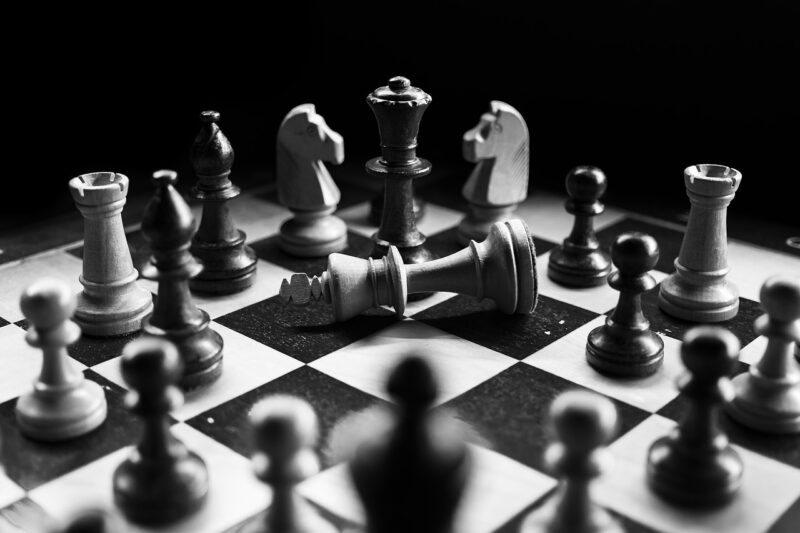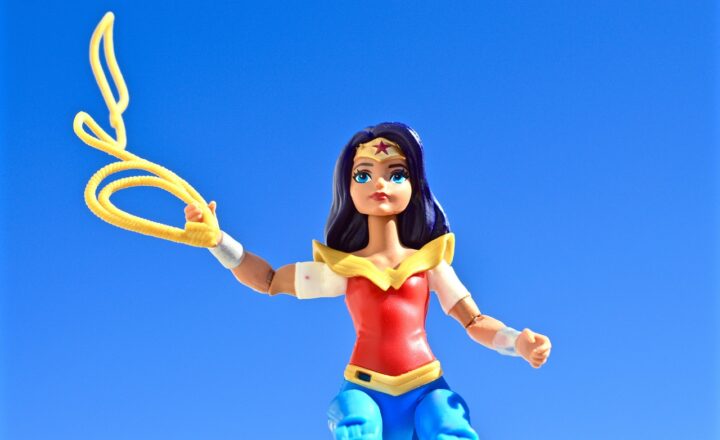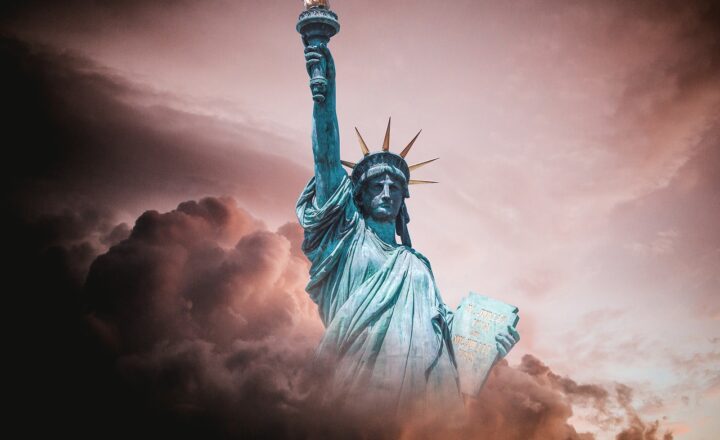The Evolution of Human Morality: How Social Rules Developed Over Time
November 12, 2024

In a world where ethical dilemmas seem to arise daily, understanding the origins and evolution of human morality is of paramount importance. Morality is not simply a set of rules enforced by society; it is a complex tapestry woven from our biological instincts, social structures, cultural developments, and historical milestones. This article delves into the fascinating evolution of human morality, exploring how our social rules have developed over time and the ideologies that have shaped ethical standards.
1. The Biological Foundations of Morality
Morality has deep biological roots, and it is suggested that our moral instincts have evolved along with our species. From a biological perspective, behaviors such as altruism, cooperation, and empathy play significant roles in social species, including humans.
Research in evolutionary biology indicates that behaviors favoring communal living can enhance survival. For instance, shared resources during food shortages or cooperation in child-rearing not only benefit individuals involved but also strengthen the group’s overall cohesion. Consequently, behaviors that promote social bonding and care for one another have likely been naturally selected, leading to innate moral intuitions in humans.
Moreover, studies show that moral behaviors are seen in other social animals, including primates and elephants, supporting the notion that cooperative behaviors and social norms are evolutionarily advantageous.
2. The Role of Social Structures in Shaping Morality
As humans transitioned from nomadic tribes to settled societies, the complexity of social structures necessitated moral frameworks that could regulate behavior. These frameworks emerged as social norms, which acted as unwritten rules guiding interactions among individuals. By aligning personal interests with collective wellbeing, these norms helped maintain social order, ensuring the survival and prosperity of groups.
Historically, many cultures have also turned to religion as a cornerstone for moral guidance. Religions often prescribed ethical principles believed to be divinely dictated, which provided both structure and authority to social rules. For example, many of the world’s major religions—such as Christianity, Islam, and Buddhism—have established commandments or guidelines centered around shared moral values, emphasizing compassion, justice, and respect.
However, not all societies have relied upon religious doctrines; some have developed secular moral philosophies emerging from philosophical debates surrounding ethics, justice, and human rights. Thinkers like Immanuel Kant, John Stuart Mill, and more recently, Peter Singer, have significantly influenced moral philosophy, pushing for ethics that transcend cultural boundaries.
3. Key Milestones in the Evolution of Morality
A few key milestones illustrate how moral norms have emerged and transformed throughout human history:
– The Societal Impact of Agriculture: The agricultural revolution was a profound turning point that enabled population growth and the formation of permanent settlements. This leap necessitated stricter social rules regarding property rights and collective responsibilities, changing moral understandings.
– The Age of Enlightenment: During the Enlightenment, reason and human dignity came to the forefront. Philosophers discussed and debated morality outside the confines of religion, leading to a push for human rights and equality. This era fostered the idea of personal autonomy, shifting moral discussions from divine commandments to ethical frameworks based on rational inquiry.
– The Civil Rights Movement: In the 20th century, significant social movements, such as the Civil Rights Movement, brought attention to systemic injustices. They challenged traditional moral norms and advocated for equality and justice, which reshaped societal values around race, gender, and identity, reflecting a growing understanding of moral relativity.
All these milestones show how morality is not static but a dynamic entity shaped by changing social, political, and economic contexts.
4. Morality in the Modern World
Today, the evolution of morality continues amidst rapid technological and cultural changes. The rise of the digital age has introduced new ethical dilemmas, such as data privacy, social media ethics, and global interconnectedness. As people from different cultures and backgrounds interact more freely, moral conflicts and discussions around what is considered ethical are becoming more prevalent.
Globalization also encourages the blending and clashing of various moral frameworks, prompting debates about universal human rights versus cultural relativism. As global citizens, individuals must navigate these complexities, leading to a re-evaluation of what it means to act morally.
Furthermore, the rapid advancement of technology brings new ethical concerns regarding artificial intelligence, bioethics, and environmental responsibility. As humanity faces unprecedented challenges such as climate change and global pandemics, moral discussions now focus on our responsibilities to both present and future generations.
5. Conclusion: The Future of Human Morality
As we look to the future, the evolution of human morality will undoubtedly continue. By understanding the forces that have shaped our moral frameworks, we can create a society grounded in ethical principles that are adaptable to the changing landscape of human experience. The success of this endeavor lies not only in dialogue and cooperation across different moral traditions but also in our collective commitment to empathy, understanding, and a shared human dignity.
In conclusion, morality is a continuously evolving construct that reflects the growth of humanity. By grasping the profound historical roots and complex interplay of biological, social, and philosophical factors, we can navigate the moral challenges of today and tomorrow, crafting a more just and equitable world for all.








